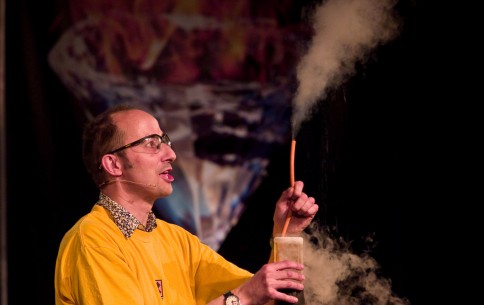Maison Française, Oxford (17-19 July 2014)
This is the fourth conference of the project Sites of Chemistry, 1600-2000 which investigates the multitude of sites, spaces and places where chemistry has been practiced since the beginning of the 17th century. It is part of a series of four annual conferences each devoted to a particular century. A final conference will be held in 2015 to explore themes and developments over the whole period and on a broader comparative scale. Selected papers from each conference will be published in special issues of Ambix, and two volumes of essays will be published at the end of the project. The project is supported financially by the Wellcome Trust for the History of Medicine and is sponsored by the Society for the History of Alchemy and Chemistry. Full details on the general project as well as on the past conferences are available at www.sitesofchemistry.org.

